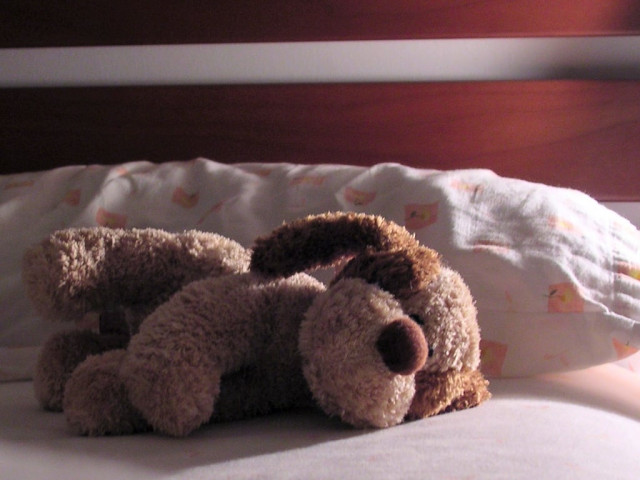Sound slumber: New sleep laboratory opens at Dow University
Experts stress the need to study prevalence of sleep apnea in Pakistan.

The vice chancellor of DUHS, Prof. Dr Masood Hammed Khan, and other senior faculty members inaugurated the new laboratory on Tuesday. It is located at the OPD block of the Dow University Hospital and has already started accepting patients.
It is the first sleep laboratory in the country and has the latest equipment to treat sleep disorders, such as a CPAP machine. Collaborative studies on the management and diagnosis of sleep disorders will be undertaken at the laboratory by neurologists, pulmonologists, ENT specialists, dental surgeons and psychiatrists.
The facility will be run by a team of specialists and will provide reliable, high quality diagnosis and management of sleep disorders on par with international standards. The treatment fee will be considerably lower than that charged by the private sector. All patients with sleep disorders will undergo evaluations that include physical examinations and a detailed medical as well as sleep history.
The inauguration ceremony of the sleep laboratory was followed by a seminar on sleep apnea syndrome. Dr Kaleem Ahmed said that the syndrome is characterized by sleep disturbances such as snoring, obstructed breathing during sleep, excessive day-time tiredness and fatigue. It is a potentially life-threatening condition that is far more common than it is thought to be by people. Sleep apnea is associated with a number of conditions such as hypertension, cerebro-vascular diseases and metabolic syndrome. It is also associated with a high prevalence of psychiatric conditions such as depression, anxiety, post traumatic stress disorder, psychosis and bipolar disorders.
A study done in 2002 said that the prevalence of snoring was 46%, with 7% of the cases reporting witnessed apneas. Another study published in 2003 reported that many physicians in Pakistan were unaware of clinical features of sleep apnea and as many as 18% of them were treating sleep disturbances with sedatives.
Published in The Express Tribune, November 18th, 2011.



















COMMENTS
Comments are moderated and generally will be posted if they are on-topic and not abusive.
For more information, please see our Comments FAQ